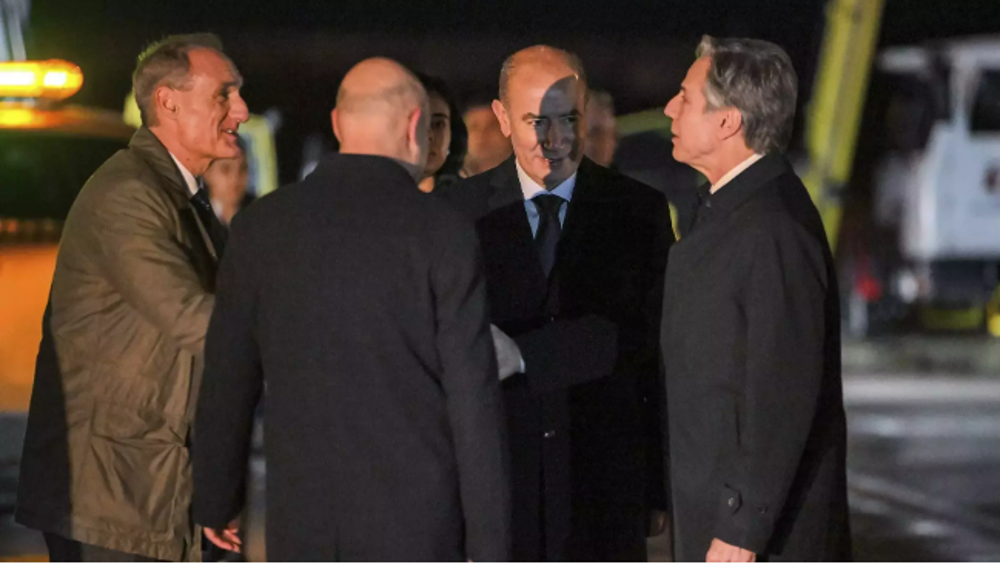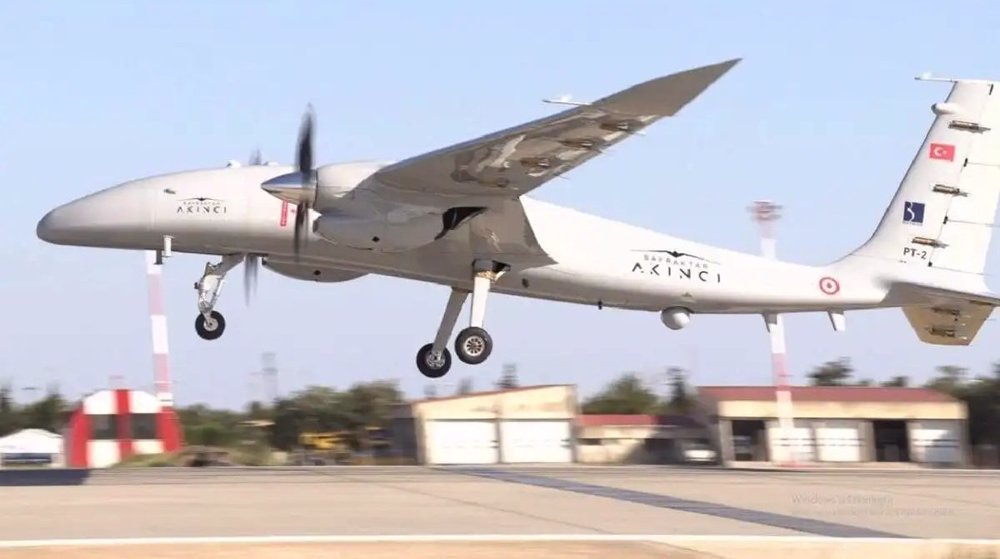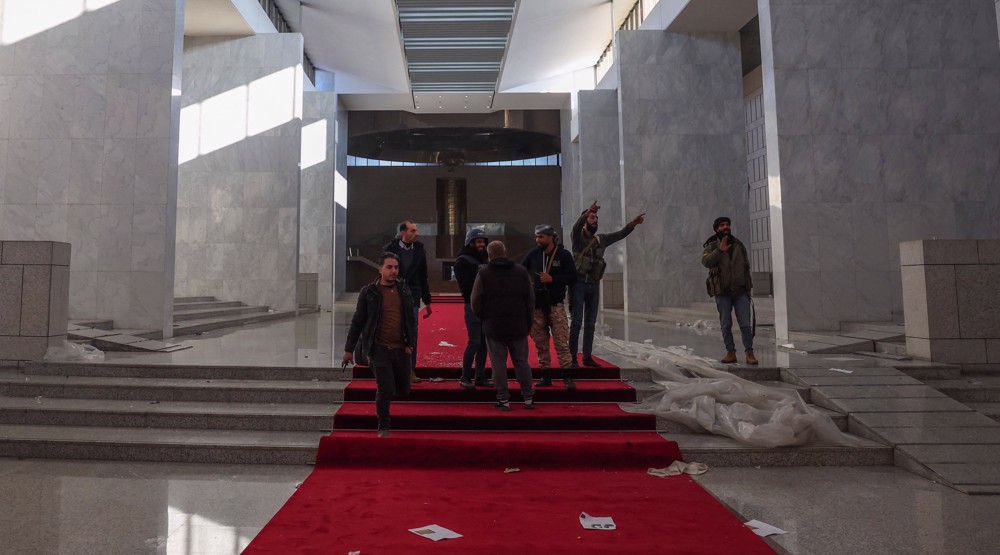Turkey jet fighters hit 7 PKK targets: PM office
The office of Turkey’s prime minister says seven Kurdistan Workers’ Party (PKK) targets have been struck by Turkish warplanes in northern Iraq.
Ahmet Davutoglu’s office in a statement on Saturday named the targets, which included Mount Qandil, the location of the PKK's military leadership.
The PKK has been fighting for an autonomous Kurdish region in southeastern Turkey since the 1980s. The conflict has left tens of thousands of people dead.
"Strikes were carried out on targets of the Daesh (ISIL) terror group in Syria,” the statement also noted. Daesh is an Arabic acronym for the ISIL, which controls huge swathes of territory in Syria and Iraq.
Turkey launched the aerial attacks after at least 32 people were killed in a massive “terrorist” explosion in the Turkish town of Suruc, near the southern border with Syria. The attack was attributed to the ISIL.
Turkish ground forces also carried out artillery strikes against ISIL in Syria and the PKK in northern Iraq, the statement said.
This comes as Ankara is known as a staunch supporter of the ISIL terrorists.
Davutoglu has recently vowed to continue operations against what Ankara calls ISIL positions as well as militants from the PKK.

"Turkey will show the strongest reaction to the slightest movement that threatens it," he said, adding, "The operation against ISIL reached its target and will not stop."
Turkey’s pledge to confront ISIL Takfiris comes despite its longtime support for the militancy against Syrian President Bashar al-Assad, with reports showing that Ankara actively trains and arms Takfiri extremists operating in Syria, and also facilitates the safe passage of foreign terrorists into the Arab country.
Turkey has been one of the major sponsors of foreign-backed militancy against Syrian President Bashar al-Assad since a conflict began in the neighboring Arab nation more than four years ago.
Various offshoots of al-Qaeda and ISIL Takfiri terrorists use the Turkish-Syrian border as a major supply route for obtaining heavy weapons and artillery.
Ankara is widely believed to be facilitating the flow of foreign nationals into neighboring Syria and Iraq, where they join the ranks of extremist terror groups.
Back in February, Turkey and the United States signed a deal to train and arm what they called moderate militants fighting against the government of Assad.
Houthi warns of US, Israeli plot to strip Muslims of any deterrence
Blinken visits Turkey as tensions escalate over proxies in Syria
Iran, UAE call for stop to Israeli aggression against Syria
VIDEO | Press TV's news headlines
Israeli troops push deeper into Syria, hinder UN peacekeepers
Iran: IAEA chief’s admission of Israeli nukes 'important'
Prepared for the storm: Hezbollah on strong footing despite Assad's fall in Syria
China ‘wiling’ to boost ties with Russia, Xi tells Medvedev










 This makes it easy to access the Press TV website
This makes it easy to access the Press TV website